
It goes without saying that weeds are a nuisance in any garden. Weeds compete for space, sun, water, and nutrients becoming the drain and destruction of our veggies. In a vegetable garden bed you’re adding all kinds of nutrients and amendments that not only make vegetables flourish, but these goodies make the environment just as hospitable for the weeds.
No garden or yard will ever be completely free of the weed battle. Of course, it’s always to everyone’s benefit if you stay away from harmful chemicals and pesticides. This includes the bugs (there are good ones), soil, plants, the earth, and human beings. Not to worry, there are some truly effective organic techniques that they can slow weeds down and prevent them from taking over your vegetable or flower garden. There are a few different techniques that are inexpensive, healthy for everything and everybody around you, and they’re simple to do.
Physical Weed Barriers
The first line of defense against weeds is using physical barriers to keep them from ever rearing their ugly heads in the first place. The most obvious physical barrier is mulch. Mulch can be either inorganic or organic. You get to choose – no one is judging you (or shouldn’t be, anyway). Inorganic mulches don’t harm the environment, people, or animals (generally speaking) and they have their advantages.
Inorganic mulches include black plastic and landscape cloth. Both are effective weeds barriers and both prevent weeds by reducing the air and light weeds would otherwise receive. The black plastic has the advantage of heating up the ground and frying the little suckers as a bonus. If you use the black plastic, you’ll need to poke some holes all over it randomely so that water can seep through to the plants.
Because I’m a composting freak, I tend to go for the organic barriers – the ones that once came from a living thing and will eventually break down. My theory is that if I’m going to put something on the soil, I want it to actually enhance the soil nutritionally at some point. My hands-down favorite weeds barrier for vegetable gardens is newspaper. Newspaper is super-duper handy in the garden. Other mulch-weed-barriers are compost, wood chips, bark, straw, and shredded leaves.
Think about the bed you’re using it for before making your choice. For instance, wood chips would be perfect for a landscaped yard, but not so great for a veggie garden that’s constantly being disturbed with planting and harvesting. Straw is ideal for the vegetable garden but in the front landscaping it might be a bit out of place.
The other great thing about mulch is while you’re mind is on committing weed murder, the mulch is also benefiting your garden by retaining moisture in the soil. This means less temperature fluctuation for plant roots, less watering for you, less money out of your pocket, and less drain on natural resources. It’s a win-win-win-win.
Rocks always throw me (sorry). I’m always at a crossroads with which category to put them in. While rocks can be completely organic in that they were created naturally, they never do break down. Whatever category you want to put them in, rocks make a great mulch-type, weed barrier.
Traditional Organic Weed Prevention Techniques
While it’s true that traditional weeding methods are fairly physical for us gardeners, it’s also true that these are practices that have been utilized for centuries – and they work. It’s just hard to replace old fashioned hand-weeding and regular hoeing.
If you make a habit of running the hoe of death between your vegetables every week, you’ll nail them while they’re small. It’ll take very little effort on your part, I swear. If you just can’t get to them every week, do try to get to them before they have produced seed heads. Yanking and pulling on mature weeds that have seeds on them tends to disperse future weed generations all over the place.
Another organic weed killing method is to pour a generous amount of boiling water onto the weed. Even the roots are affected and it really kills them dead. Take note: boiling water kills all plants dead. So, this technique should only be used by a reasonably skilled marksman.
One of my favorite tricks for outwitting weeds (yes, they have wits) is to cover every square inch of soil. Nothing good comes from naked soil. You could use one of the above-mentioned mulches, but I enjoy the living mulches such creeping thyme or Isotoma.
When all of your bare ground is covered, there just isn’t much real estate left for weeds to move into, you know? For the most part, I’m talking about perennial beds and landscaped areas. It would be blasphemous of me to suggest that you plant your veggies close together in order to take up ground, so I won’t (suggest it, I mean).
I’ve also heard that you can use a mixture made up of 4 cups of vinegar, 1 cup of salt and 1/2 teaspoon of liquid soap, then spray it onto the offending trespassers. While I’ve heard it’s an effective method, I’ve also heard that it won’t kill the weed’s roots. For me, that’s a deal breaker. The reason why I haven’t given this mixture a shot is that I don’t see the point if I can’t be sure that I’ve snuffed them out entirely. But then I’m lazy like that.
|
Learn more… |
Fine Gardening Recommended Products
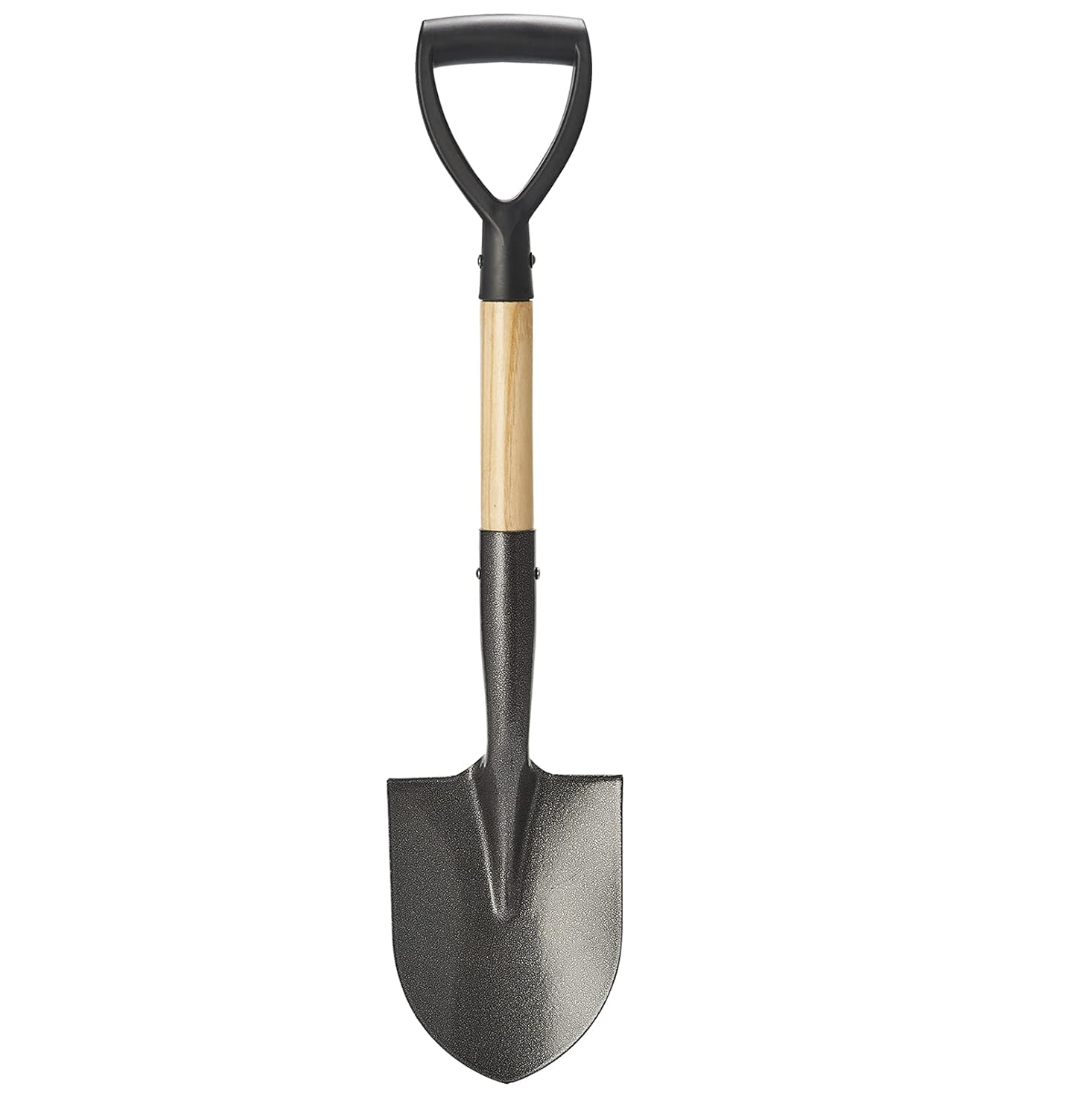
Corona® Multi-Purpose Metal Mini Garden Shovel
Fine Gardening receives a commission for items purchased through links on this site, including Amazon Associates and other affiliate advertising programs.
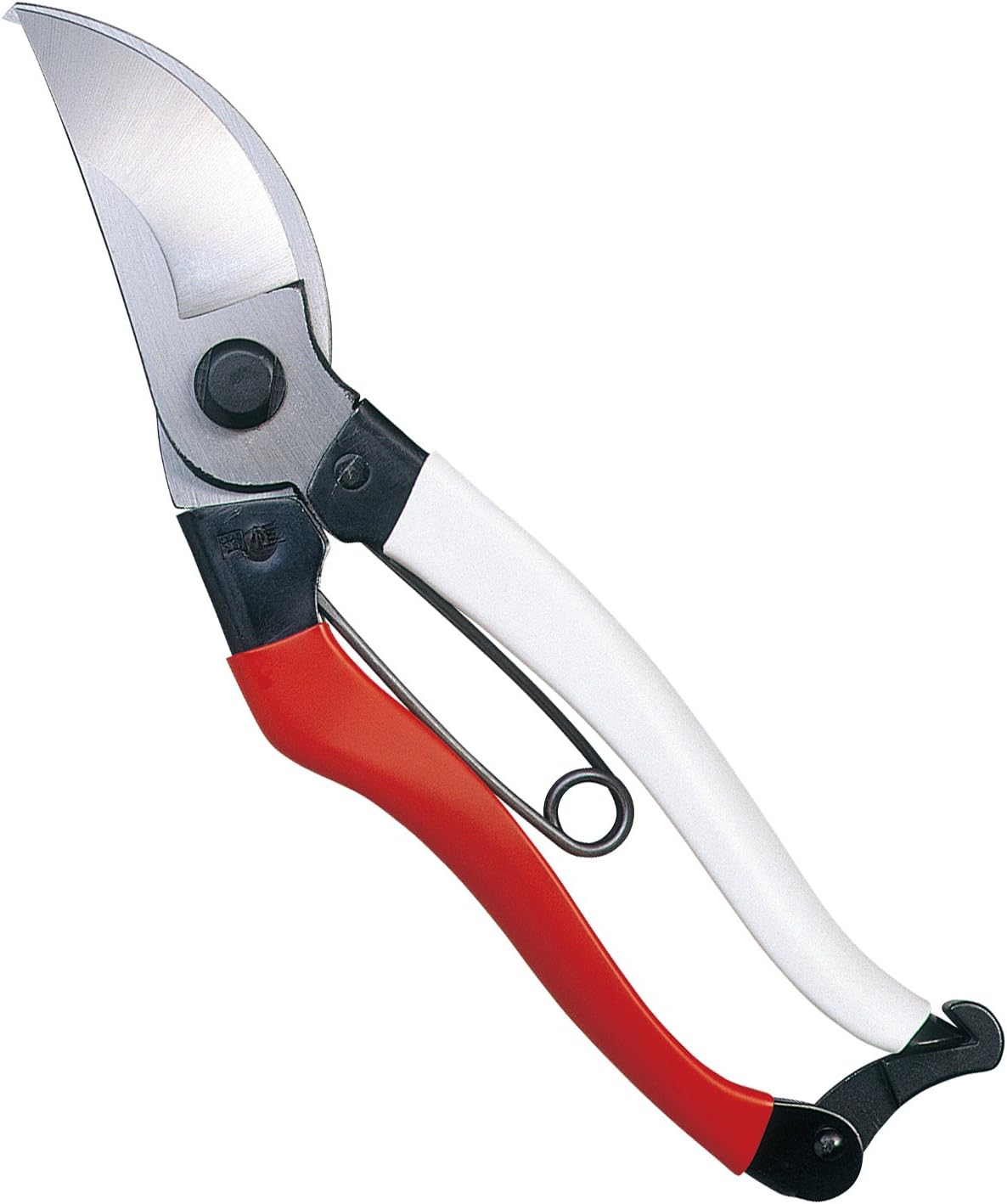
Okatsune 103 Bypass Pruners General Purpose Medium
Fine Gardening receives a commission for items purchased through links on this site, including Amazon Associates and other affiliate advertising programs.
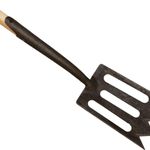
DeWit Spork with Solid Socket
Fine Gardening receives a commission for items purchased through links on this site, including Amazon Associates and other affiliate advertising programs.




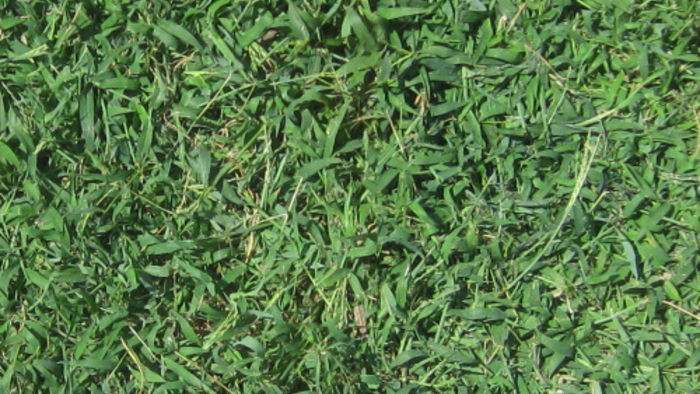

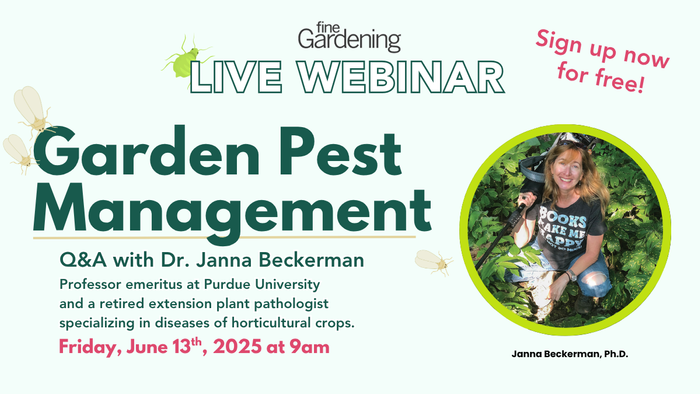
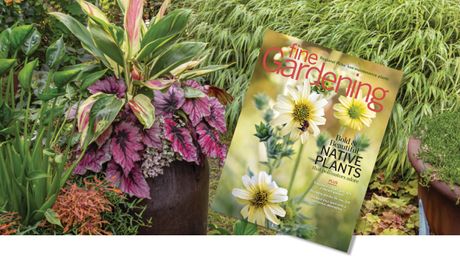
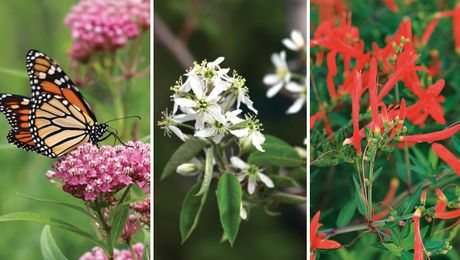










Comments
Log in or create an account to post a comment.
Sign up Log in